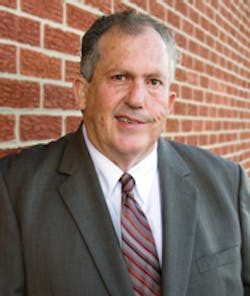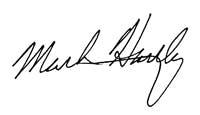Someone reminded me the other day that I need to fight harder for dental hygiene.
"Fight harder than I'm already doing?" The answer is yes. But I had to don a pair of white gloves first during the conversation. In the era of Google, I was asked to turn the pages of an original copy of "Preventive Dentistry for Dental Students," which was published in 1925, while wearing protective gloves. The founder of dental hygiene, Dr. Alfred Fones, was the book's author.
I was also reminded that we need to stop yawning about the recent scandal known as the "Sugar Papers." In recent years, much of the discussions about the 1960s scandal has focused on heart disease. However, in 2015, a group of researchers led by Dr. Cristin Kearns from the University of California-San Francisco detailed how the sugar industry successfully deflected dentistry's focus on sugar as a primary factor in dental disease. Most of us just yawned. After all, we live in an era of scandals from the manufacturing sector, where marketers deftly steer conversations away from dangers posed by such items as cars and tobacco, for example. This is a big deal, though. Dentistry could be 40 years further along in its conquest of dental disease if the meddling from the sugar industry had not occurred. We should have gone ballistic in 2015 rather than act apathetically to the developments.
The recent election cycle also brought up inequality among women. Dental hygienists are still primarily women. So I raised the question. Does gender inequality seep into dentistry? Of course it does. Dental hygienists hold the key that can drive preventive dentistry for decades, but all sorts of stereotypes persist about the dental hygiene profession. The result is a world that listens to dental hygienists' patient education some of the time, if at all.
Back to that book. As all of us have discussed, Dr. Fones created dental hygiene because of the need for another level of care beyond restorative dentistry. Although I have no idea if his writing was conducted in an orderly fashion, I would like to quote Dr. Fones from several sections of his book in chronological order. Remember, his audience was dental students, way back there in 1925:
• "Aside from the sanitary aspect of operating in a mouth free from food debris, the dentist, for his own respect and the dignity of his calling, should make it an absolute rule never to begin an operation for a patient who has neglected to cleanse the mouth."
• "Hundreds of millions of dollars in public and private funds are expended to restore the sick to health, but only a relatively small portion of this amount is spent to maintain the health of well people, even though it is definitely known that the most common physical defects and illnesses are preventable."
• "Experience has shown that health education can be carried out most efficiently by specially trained and educated teachers who are not closely associated with the treatment of disease."
• "It was for this type of service that the dental hygienist was created. It had long been realized that the dental profession was unable to cope with the universal need for mouth hygiene, the number of dentists available at any one time being always insufficient to supply even the need for good operative dentistry."
The words of Dr. Fones still apply today, eh? So let's fight harder-no white gloves allowed.
Mark Hartley

